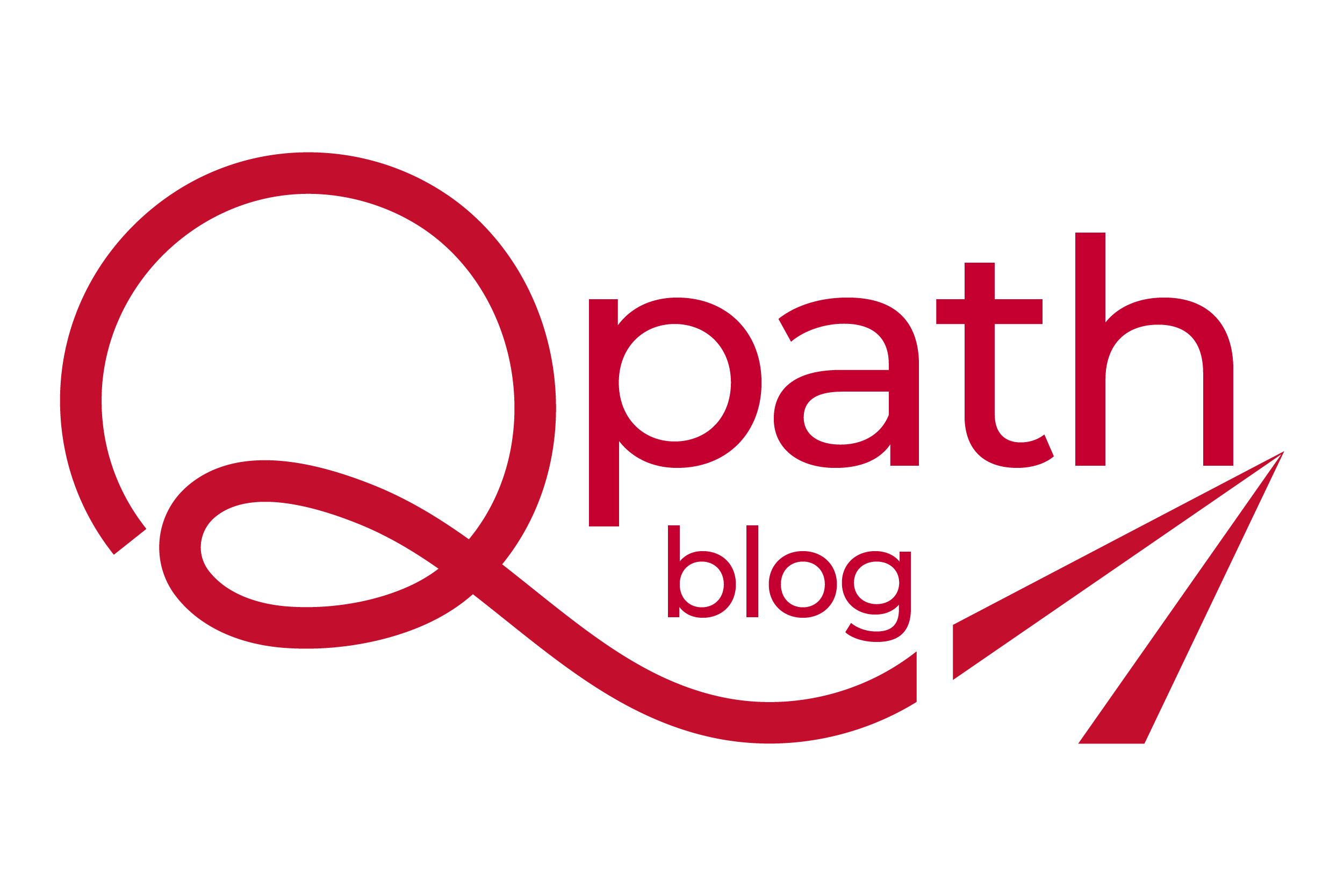Passing the Torch
So far, 2016 comprises a heated presidential race, the summer Olympics, the continued growth of social networks and much more. In the mix of all that consumes our news, you may have missed the passing of the torch to the Millennial generation. Millennials, defined as ages 18-34 in 2015 by the U.S. Census Bureau, have reached 75.4 million of the population and surpassed the 74.9 million Baby Boomers.1
Your pharmacy will likely see a shift in your patient population. Most generational studies involving healthcare focus on Baby Boomers and how they are going to affect the long-term care market in the near future. Some of that focus will now shift towards Millennials and how they perceive healthcare, and unfortunately, their perception is mostly pessimistic. In fact, “Millennials are doubtful about both the state of their own health and the quality of the care they receive. According to a report from healthcare technology company TeleVox, 42% of Millennial Americans do not feel their overall personal health is in good shape. [Also] they are more skeptical of the healthcare they receive than are Americans overall…”2
Health Trends
Just like previous generations, Millennials have been shaped by their upbringing and environment. Here are some trends about Millennials and health/healthcare.
- Trend 1: Millennials gather input and take charge of their health.
- Trend 2: Millennials seek a well-designed healthcare experience.
- Trend 3: Millennials want socially responsible healthcare.
- Trend 4: Millennials struggle to afford healthcare.
- Trend 5: Stress is a major health issue for Millennials.
- Trend 6: Millennials are conflicted about healthy eating.
- Trend 7: Millennials embrace healthcare technology.3
The Online Impact
Even those who are not members of the Millennial generation have become accustomed to healthcare technological advancements like ordering prescription refills through Interactive Voice Response (IVR) systems and pharmacies’ mobile applications. Not only do we have access to aspects of healthcare via smartphones, but the Web has become our go-to source and our worst enemy. According to Pew Research Center, “97 percent of those ages 18-29 use the Internet; 95 percent of those ages 30-49; 83 percent ages 50-64 use it; and 66 percent age 65 and up.”4
There is so much information at our fingertips. We search for symptoms and possible diagnoses, which is not always the best idea, but it’s a part of our current culture. Believe it or not, 80 percent of American Web users search for health information online. Sixty-six percent look online for information about specific symptoms and conditions; 56 percent research medication treatments; and 44 percent look online to help them make decisions about health professionals.5
With that being said, many still want to talk to healthcare professionals about their overall health and options. Pharmacists are an underutilized resource when it comes to these conversations. They have the education and skill set to provide effective patient counseling and have accepted the responsibility to motivate patients to follow their drug regimes and contribute to ensuring overall positive health outcomes.
Their Needs and Your Services
The retail pharmacy market has a great opportunity to focus on Millennials and their needs. The healthcare industry has transitioned from provider controlled to consumer driven.6 This coincides with a focus on patient health outcomes. A great way to produce improved patient health outcomes is based on Medication Therapy Management (MTM). According to the Centers for Disease Control and Prevention, prescription drug use is still on the rise.
Millennials will probably not be your typical MTM case. As opposed to Baby Boomers, they may not have multiple prescriptions. They may substitute with natural supplements or vitamins. A majority of this generation will also be concerned with other health-related topics, such as obesity, mental illness and stress. These additional concerns provide an opportunity to offer more services, like weight loss and nutritional classes.
Consultations and counseling not only enhance patient relationships but also serve as a way to market your pharmacy. Talk to patients about your programs: smoking cessation and immunization clinics, for instance. These programs set your pharmacy apart from the competition, whether it is a chain pharmacy or another independent. You can offer these programs as a value-added service or consider a fee-based option. Millennials have been characterized as being brand loyal. Once they find something they like or appreciate, they tend to stick with that product or service. So, show them what you have to offer.
How do you gain the trust and business of Millennials? Provide a pharmacy that allows them to utilize technology but still provides a personal touch. Be informative and adaptive. Provide more services, expand your reach and engage them fervently.
Sources:
1 Fry, Richard. “Millennials overtake Baby Boomers as America’s largest generation.” Pew Research Center. April 25, 2016. Web. 26 Aug. 2016. http://www.pewresearch.org/fact-tank/2016/04/25/millennials-overtake-baby-boomers/.
2,3 “Millennials and Health: Seven Trends.” Future in Focus. Web. 29 Aug. 2016. http://futureinfocus.com/briefs/millennials-and-health-seven-trends/.
4 Raine, Lee. “Digital Divides 2016.” Pew Research Center. July 14, 2016. Web. 14 Sept. 2016. http://www.pewinternet.org/2016/07/14/digital-divides-2016/.
5 Moegling, Stephen. “7 Surprising Statistics That Impact Online Health Care Marketing.” Sept. 10, 2013. Web. 29 Aug. 2016. http://www.binaryfountain.com/7-surprising-statistics-that-impact-online-health-care-marketing/.
6 Khan, Fauzia, MD. “The Shift to Consumer Driven Healthcare.” Health System Management. Feb. 10, 2014. Web. 13 Sept. 2016. http://health-system-management.advanceweb.com/the-shift-to-consumer-driven-healthcare/.

Comments (0)